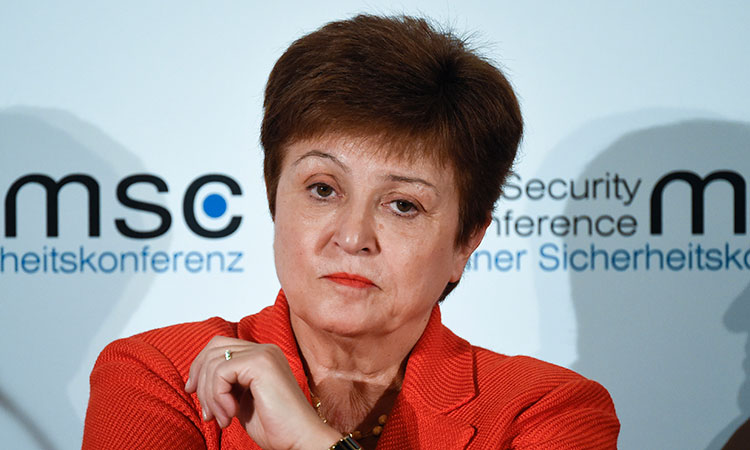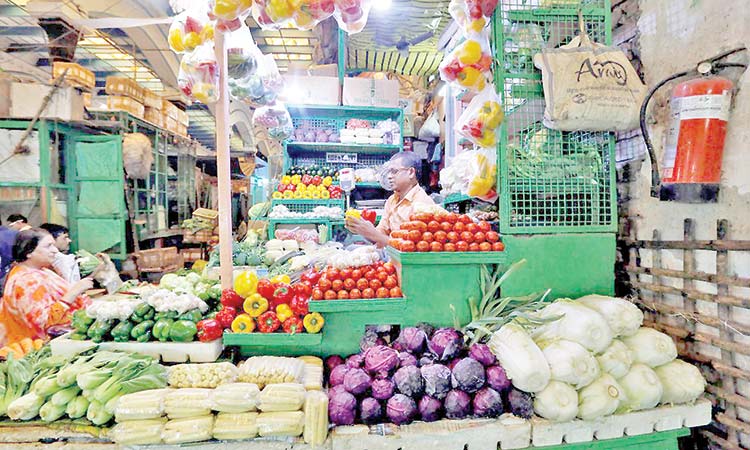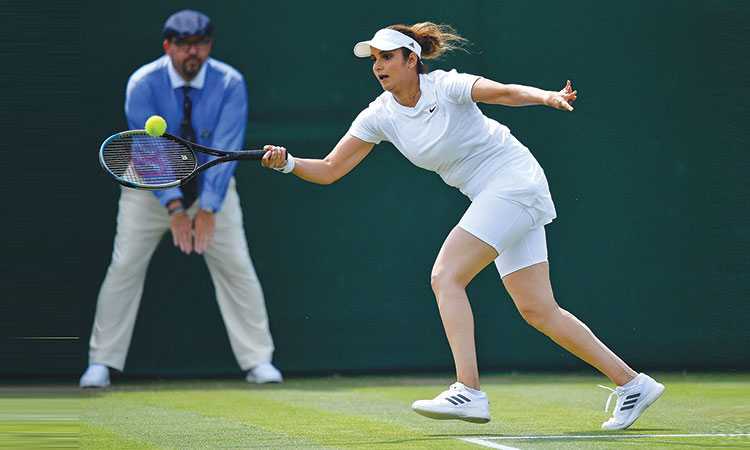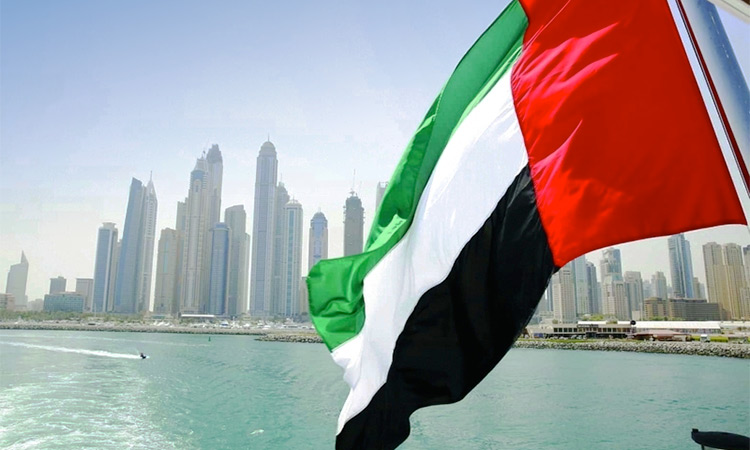Modi has concerns to address besides COVID-19
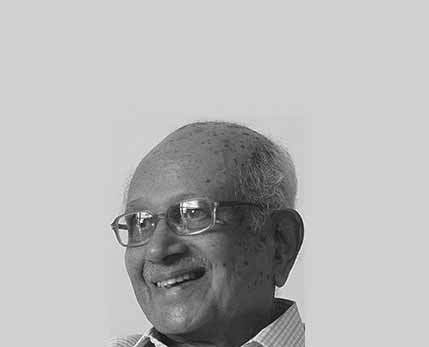
BRP Bhaskar
@brpbhaskarIndian journalist with over 50 years of newspaper, news agency and television experience.

Narendra Modi.
It is, of course, too early to lower the guard but the situation allows the government time to devote attention to other pressing problems.
Two issues are crying for urgent attention. One is revival of the economy, which has been hit badly by the lockdown. The other is living down the bad name hate politics has brought to the country. The GDP was growing at more than 10 per cent when Prime Minister Narendra Modi took office six years ago. Now the growth rate is estimated at 1.5 per cent.
The International Monetary Fund lowered India’s growth rate estimate more than once last year. Most analysts believe the current year may be the worst since the economic reforms of 1991.
Several manufacturing industries were in deep trouble and the government was rolling out stimulus packages for them when the virus struck. The stimulus package for the automobile industry aimed at boosting consumer demand by putting money in people’s hands. The virus wiped out what little help it could render. Not one car was sold in April.
Modi and his Finance Minister Nirmala Sitharaman were reported to be working on new stimulus packages last week.
Meanwhile there is reason to doubt if the government is acting with a clear vision. Even as it was drawing up last year’s stimulus packages, unknown to the public, banks were writing off outstanding loans of top businessmen totalling Rs 686 billion.
Curiously, the beneficiaries included diamond kings Mehul Choksi and Jatin Mehta and liquor baron Vijay Mallya, who had fled the country as the law’s arms were reaching up to them.
When factories closed down following the lockdown, migrant workers who lost their jobs clamoured to return to their home states. The government ignored their agonised cries. Ironically, even as the lockdown rules were relaxed to permit factories to reopen the government permitted the Railways to run special trains to take the stranded migrant workers home.
It is not clear how the factories will be able to operate when their regular workers are not around.
On taking office, Modi had launched an unprecedented campaign of personal diplomacy, visiting not only the big countries but also some none of his predecessors had been to. In the process, he won friends like Donald Trump who effusively declared he liked Modi very much.
On the strength of the goodwill generated by Modi’s travels, his Bharatiya Janata Party claimed he had raised India’s prestige abroad. However, hatred against the minorities, particularly Muslims, who constitute the ‘Other‘ in the BJP’s fables, spilled over, damaging India’s image.
Communally-tinged comments posted in the social media by BJP supporters among expatriates in the Gulf States created a piquant situation and cast a shadow on Indo-Arab relations which go back many centuries.
The US Commission on International Religious Freedom (USCIRF), which has been drawing attention to the attacks on minorities in India, said in its latest report that 2019 saw a drastic downturn in the situation. It asked the US government to consider sanctions if India did not improve its record.
Since Modi acts as his own Foreign Minister, a major preoccupation of External Affairs Minister S Jaishankar, a former career diplomat, is to contain the fallout of bad reports emanating abroad. The Ministry’s standard response to criticism is a bland denial packed with diplomatic verbiage. It needs to realise that denials which run counter to facts on record carry no weight.
When Modi was Chief Minister of Gujarat the US had denied him visa in view of the anti-Muslim riots that occurred in the state under his watch in 2002. The sanction against him was lifted only after he became the Prime Minister.
USCIEF is not the only foreign agency that has taken note of the deteriorating domestic scene. When the Modi administration enacted a law which introduced religion as a criterion in the grant of citizenship to refugees the United Nations pointed out it was fundamentally discriminatory.
The UN Human Rights High Commissioner has repeatedly drawn attention to the government’s failure to ensure justice to all sections.
No one expects the US administration to act upon USCIEF’s recommendation on sanctions. Nevertheless, in his own interest and the country’s, Modi must address international concerns on the plight of minorities.

